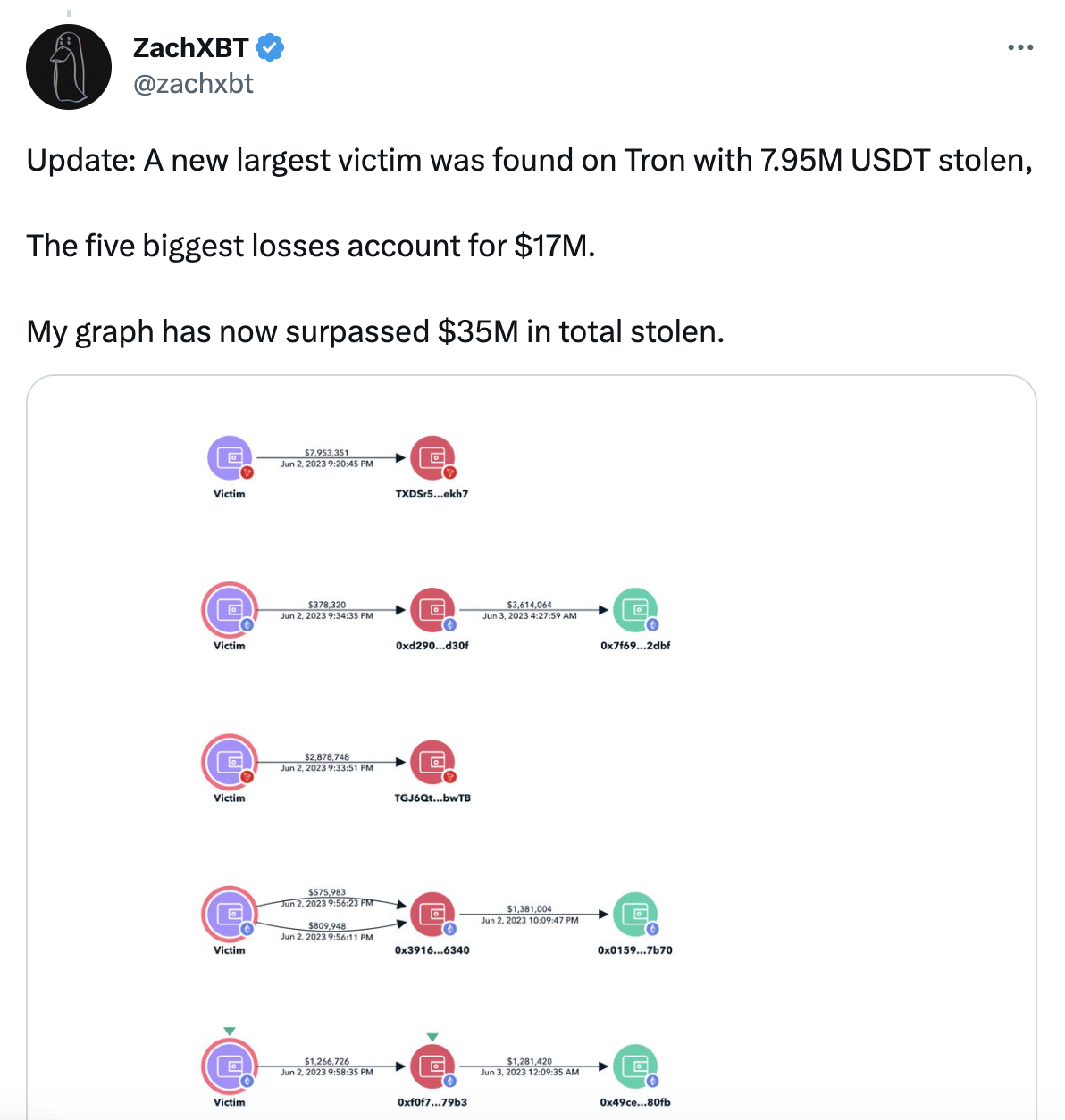Crypto Losses In The First Quarter To Web3 Attacks And Scams Decreased By 23%.
Immunefi reports that in the first quarter of 2024, the cryptocurrency industry’s losses from web3 hacks and scams decreased by 23% as compared to the same period the previous year.
TakeAway Points:
- Web3 losses in the first quarter were due to fraud and hacking declines.
- SBF-backed UK NGO for effective altruism to shut down.
- B3 in Brazil has received approval to trade Bitcoin futures.
Crypto Losses To Web3 Hacks
Crypto industry losses to web3 hacks and scams declined 23% in the first quarter of 2024, compared with the year-earlier period, according to Immunefi.
A report from Immunefi, a bug bounty and security services platform for web3, said that while more than $336 million was lost in Q1, the same period in 2023 saw more than $437 million in such losses.
Hacks continued to be the main cause of losses at about 96%, as scams accounted for 4% of the total losses. DeFi, with almost $100 billion of total value locked in web3 protocols, was the main target of successful exploits.
“While it’s positive that overall losses have decreased, it’s essential to note that DeFi faced significant challenges, accounting for 100% of total losses in Q1 2024,” Immunefi founder and CEO Mitchell Amador said. “Particularly, the ecosystem witnessed a considerable volume of losses due to private key compromises, emphasising the critical need to secure both code and protocol infrastructure.”
The two most targeted chains were Ethereum and BNB Chain. Ethereum suffered the most individual attacks with 33 incidents, followed by BNB Chain with 14, the report said.
The two biggest exploits were conducted against Orbit Bridge, with about $82 million stolen, and Munchables at $63 million. These two accounted for 43% of the first-quarter losses.
About $74 million, or 22%, of the stolen funds were recovered, Immunefi said, including all that was taken from Munchables, an NFT game on the Ethereum layer 2 Blast.




